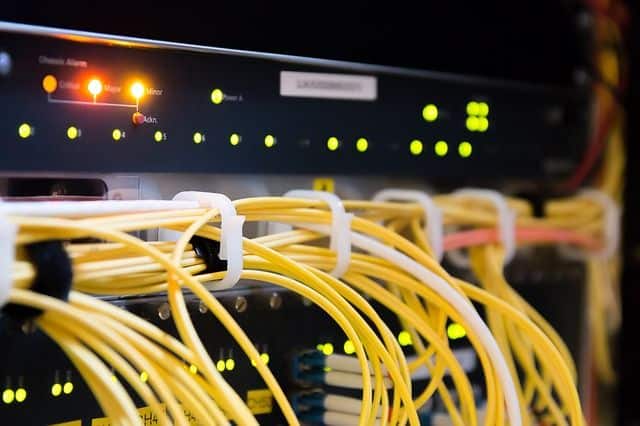How Robots are Changing the Job environment?
The world as we know it is evolving and this can be attributed to the rapid technological advances that are being made on a daily basis.
In the near future, probably nearer than anyone can anticipate, the work force that is now filled with human skill and judgement, will be replaced by robot software. In fact, there are companies that have already started to replace some of the jobs that have been traditionally done by humans over the decades to now have robots do those jobs.
Robots are the preferred option
It is nothing personal about the human race; not in the slightest.
But robots are quicker, they do not get tired and they definitely do not need lunch breaks or toilet breaks.
This means that there are so many obvious advantages of hiring robots for jobs instead of humans.
And even with all this efficiency that they can bring to the work place, an employer might not even need to pay for them at the end of the day.
So we are not just talking about efficiency here, we are also talking about more work done in shorter amounts of time and saving a lot of money as well.
What employer wouldn’t want a robot?
One of the main areas in the job industries that has been affected by robotics is the finance department. In the coming years, the number of students that will enroll in courses with a finance major will drop significantly.
This will happen, despite the fact that business courses are the most popular in universities around the world. And this is no surprise because money runs the world. There can be no money making institution, business or otherwise that can run without either an accountant, finance manager or both.
Changes in technology
The fact that all these lucrative jobs might end up with robots is a blow, but it is something that we cannot simply avoid.
At the moment, wall street has already begun the process of involving robots in their day to day activities, and investors are loving it.
Being programmed machines, they are able to find financial solutions to problems quicker than the human mind. They are also able to create investment plans out of the best possible scenarios. All this is made possible by algorithms.
Creating and figuring out the right algorithms has the potential to do almost anything when it comes to computing.
And even though computers have been here for a long time, the concept of using algorithms to solve our problems, and at the same time do away with loopholes that allow hackers and fraudsters to operate is still relatively new. Therefore, it has not been completely mastered even by the masters because algorithms always keep evolving and it could be hard to keep track.
However, for robots, algorithms are a child’s play and so nothing is more thrilling than to hear that your investments are being taken care of by a robot.
Robots are programmed and therefore do not reason like humans or illicit any sort of human emotion. They also do not make any accounting mistakes that would be otherwise be normal for any human to make, and they have no ability to forget since they have no brain. This is what makes them the ideal machines to handle our money.
Adjusting to the change
Banks all over the world are now finding it more convenient to have robot employees compared to humans. Since there is an obvious gap that will need to be filled once the financing jobs go down, universities have now introduced a new course called fintech. Fintech will allow the students who enroll in it to study financial technology in order for them to have the appropriate jobs in the money market.
Robots are not all perfect though, like the one time some robots with similar programming went on a spending spree and spent about four hundred million dollars.
The question therefore that will remain in people’s minds is, when robots make such crucial mistakes, who will be accountable for them?
Because they cannot be charged of fined or given a jail term.
Just how much can we completely trust robots and robot software with our money?




